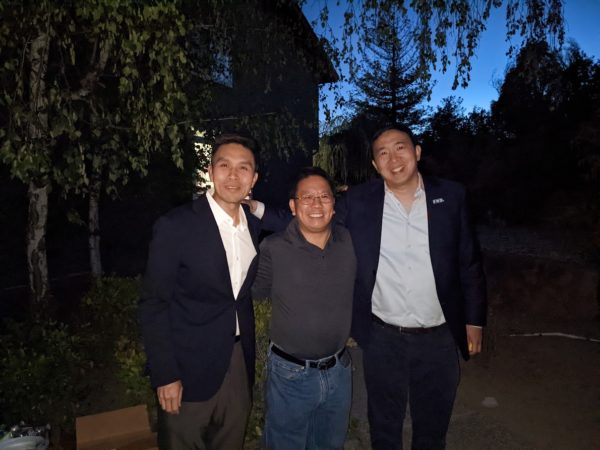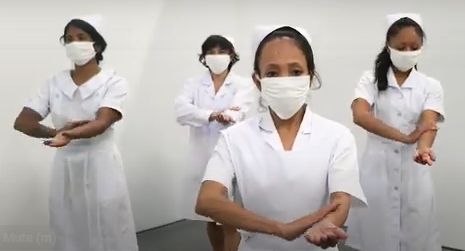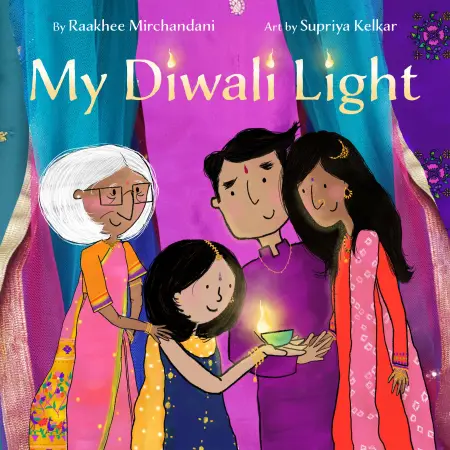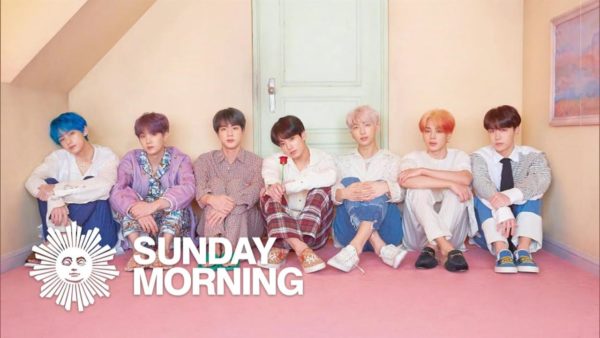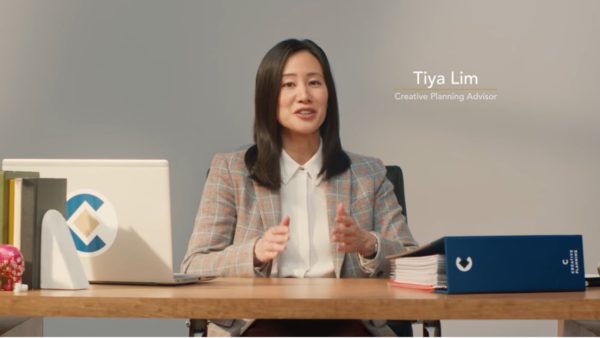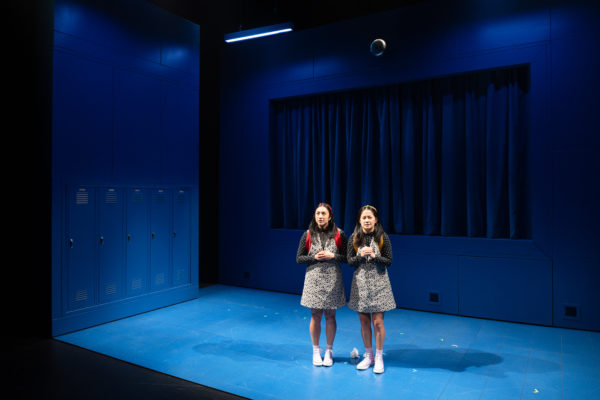 I have been going to San Jose Japantown for most of my adult life, but the only thing Filipino there that I noticed was a small Filipino community center building. Only after taking a Historical Walking Tour of the area did I learn that there was once a thriving Filipino American community there that worked and live in conjunction with the Japanese and Chinese people who had already settled there. Given what I learned, and I would like to suggest a 13th way to add to the 12 ways to celebrate Filipino American History Month I talked about earlier – going on the Filipino American National Historical Society of Santa Clara Valley‘s Pinoytown Historical Walking Tour.
I have been going to San Jose Japantown for most of my adult life, but the only thing Filipino there that I noticed was a small Filipino community center building. Only after taking a Historical Walking Tour of the area did I learn that there was once a thriving Filipino American community there that worked and live in conjunction with the Japanese and Chinese people who had already settled there. Given what I learned, and I would like to suggest a 13th way to add to the 12 ways to celebrate Filipino American History Month I talked about earlier – going on the Filipino American National Historical Society of Santa Clara Valley‘s Pinoytown Historical Walking Tour.
After getting burned out of the largest Chinatown in San Jose in 1887, Chinese were permitted to settle on the Heinlenville Chinatown on 6th street in San Jose. That Chinatown proved attractive to Japanese bachelors, who could comfortably frequent restaurants and gambling establishments there without much fear of discrimination. On the tour, I learned Filipino agricultural workers (Santa Clara/Silicon Valley used to be know as the Valley of Heart’s Delight because of its farms and orchards) in the 1930’s would stop by this Chinatown for the same reasons. In that way, a Japantown and a Pinoytown would form near that Chinatown, making up what is now known as San Jose Japantown today.
One of our guides, Robert Ragsac, grew up in San Jose’s Pinoytown and regaled us with stories of what was there and his experiences. He talked about making friendships with Japanese Americans and what happened during the internment, seeing his friends and neighbors packing what they could fit in luggage as they were sent to Tanforan for processing. We learned that in the camps, San Jose developed a reputation as a nice area to live, so many other Japanese Americans settled in San Jose after their release, even Japanese Americans who weren’t originally from San Jose. In another story, he said that when he was a teenager, he put together a basketball team to play against the Japantown Zebras basketball team made up of kids who had come back from the internment camps. Robert said his team got clobbered, as one of the main things those kids did in the camps was play basketball!
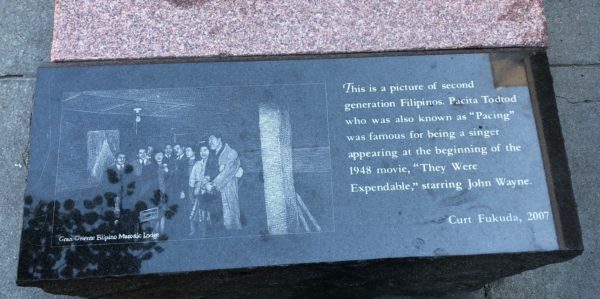
I loved the history in the stories that, not just of Filipinos but of the other ethnic groups of the area, including Mexicans and even dust bowl refugees. San Jose Japantown makes it easy to learn history, as there are commemorative benches and interpretative signs that talk about the history of the area. I have included one above.
Pinoytown faded away as the farm workers who settled there grew older and their children, for whom they wanted better lives, moved away and had different careers. Robert said had worked in the fields in his youth but went to college and became an aerospace engineer. By the time that the immigrant wave of the 1960s started, there was nothing much left of Pinoytown to hold any interests to that wave.
Still a few things remain of that era. The community center I mentioned is still going strong and actually had a health event going on. The Zebras basketball organization still fields teams – a number of my children’s friends played on Zebra teams. While the area of San Jose Japantown is gentrifying, it is still a lively area that my family frequents to this day. A new park there will be named after the Heinlenville Chinatown.
Pinoytown tours take place only during October. Still, you can walk around San Jose Japantown and learn a lot of history from the stands and benches there. Also, the video below is a good overview of the history of San Jose’s Pinoytown.
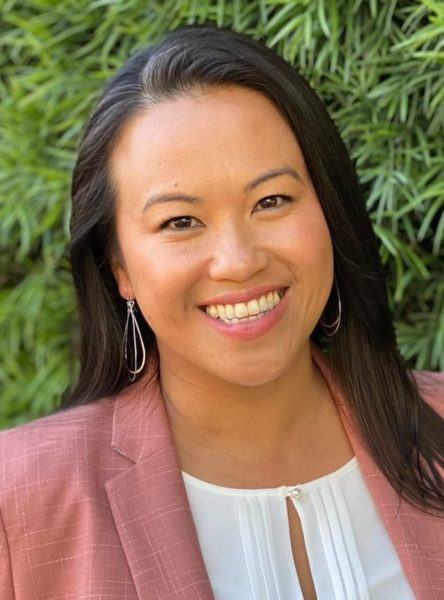 In an amazing journey from being a homeless single mother living in a car, Sheng Thao was elected mayor of Oakland. The journey is even more amazing considering that in the initial count of votes, Thao was in second place. Because no Oakland mayoral candidate won a majority of votes, instant-runoff voting, also known in the US as ranked-choice voting, propelled her to victory.
In an amazing journey from being a homeless single mother living in a car, Sheng Thao was elected mayor of Oakland. The journey is even more amazing considering that in the initial count of votes, Thao was in second place. Because no Oakland mayoral candidate won a majority of votes, instant-runoff voting, also known in the US as ranked-choice voting, propelled her to victory.

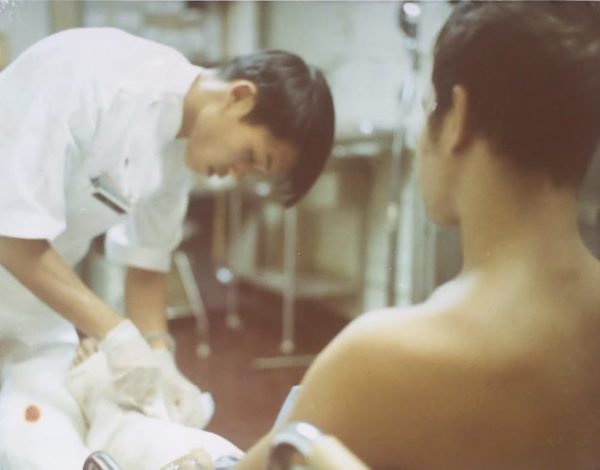
 I have been going to San Jose Japantown for most of my adult life, but the only thing Filipino there that I noticed was a small Filipino community center building. Only after taking a Historical Walking Tour of the area did I learn that there was once a thriving Filipino American community there that worked and live in conjunction with the Japanese and Chinese people who had already settled there. Given what I learned, and I would like to suggest a 13th way to add to t
I have been going to San Jose Japantown for most of my adult life, but the only thing Filipino there that I noticed was a small Filipino community center building. Only after taking a Historical Walking Tour of the area did I learn that there was once a thriving Filipino American community there that worked and live in conjunction with the Japanese and Chinese people who had already settled there. Given what I learned, and I would like to suggest a 13th way to add to t
